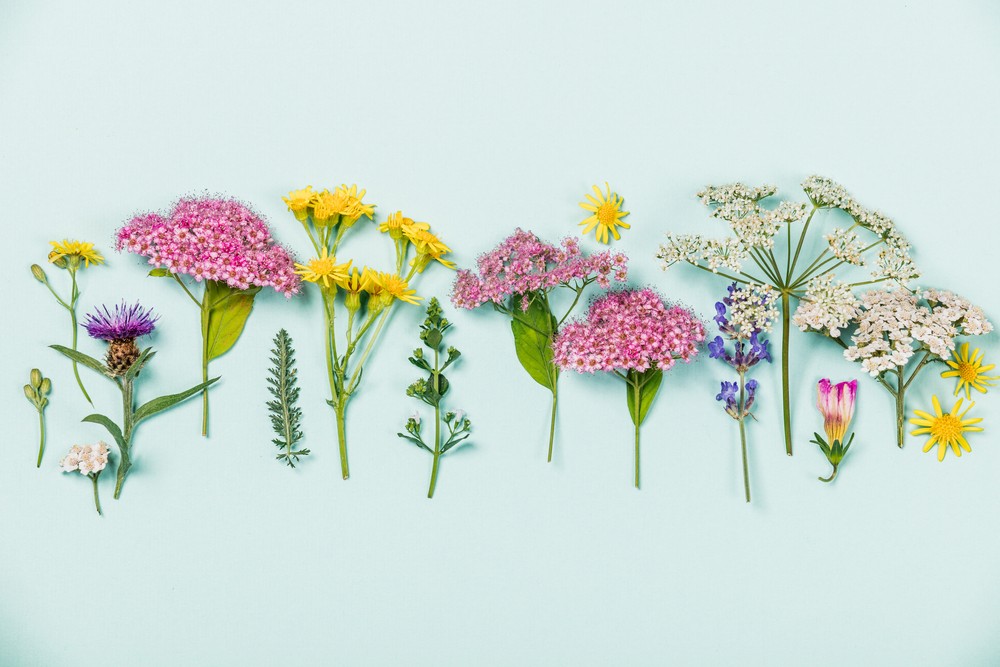As a BetterHelp affiliate, we receive compensation from BetterHelp if you purchase products or services through the links provided
Discover the amazing world of flower therapy, a complementary approach to traditional medicine that has recently gained considerable attention. The practice, also known as flora or flower essence therapy, taps into the healing properties of blossoms to promote overall health and well-being.
Throughout history, various cultures have used flowers for their therapeutic benefits, with chamomile, lavender, and calendula being among the most commonly used. These blooms harbor unique energies and vibrations that can help rebalance the body and mind, reduce stress, and promote emotional healing.
By incorporating flowers into teas, personal care products, or even decor, individuals can harness the power of these plants. Scientific research has also lent credibility to this ancient practice. Don’t miss out on the potential for flowers to enhance your holistic approach to health and wellness.
Healing Flowers and Their Properties
Lavender
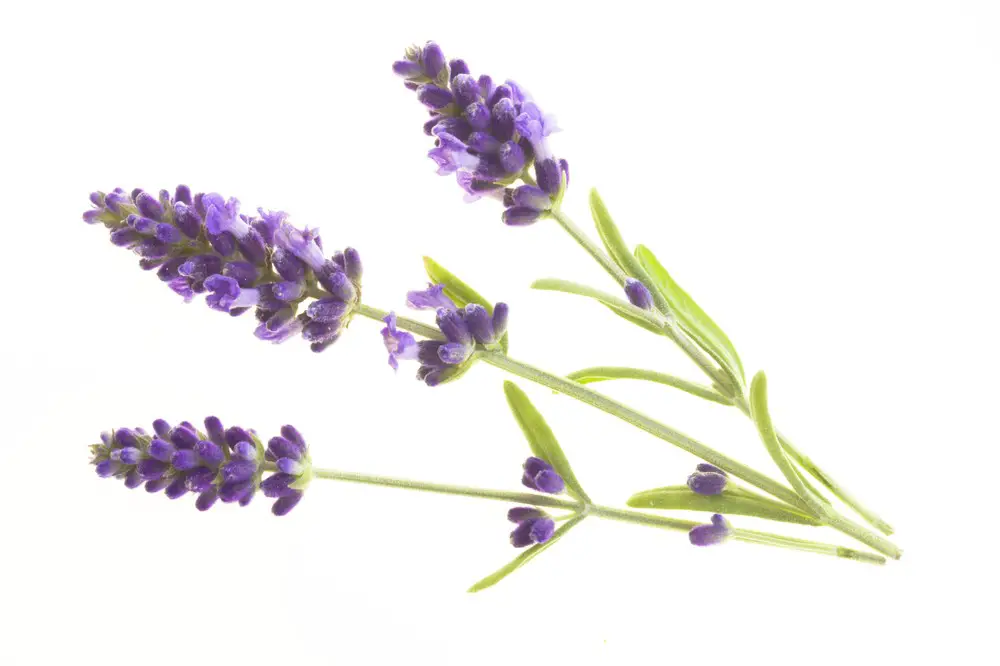
Lavender is known for its calming and soothing effects. It is used in aromatherapy to relieve stress, anxiety, and insomnia. Lavender is also used topically for minor burns, insect bites, and skin irritations.
Chamomile
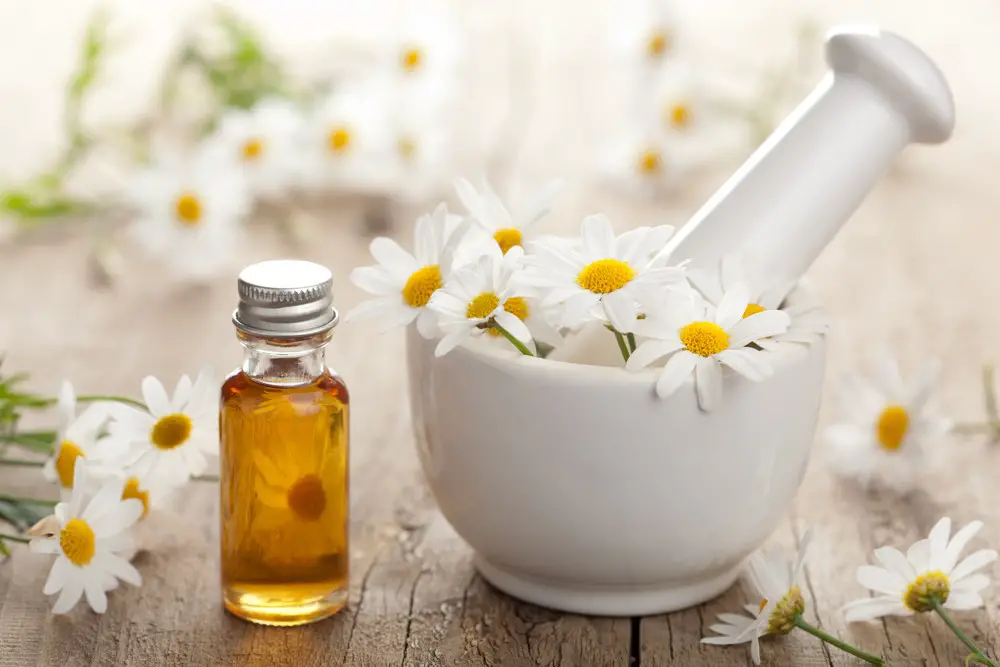
Chamomile is well-regarded for its soothing and anti-inflammatory properties. It can be used as a tea or essential oil to help with sleep, anxiety, and digestive issues. Additionally, chamomile is applied topically to treat skin conditions and minor injuries.
Jasmine
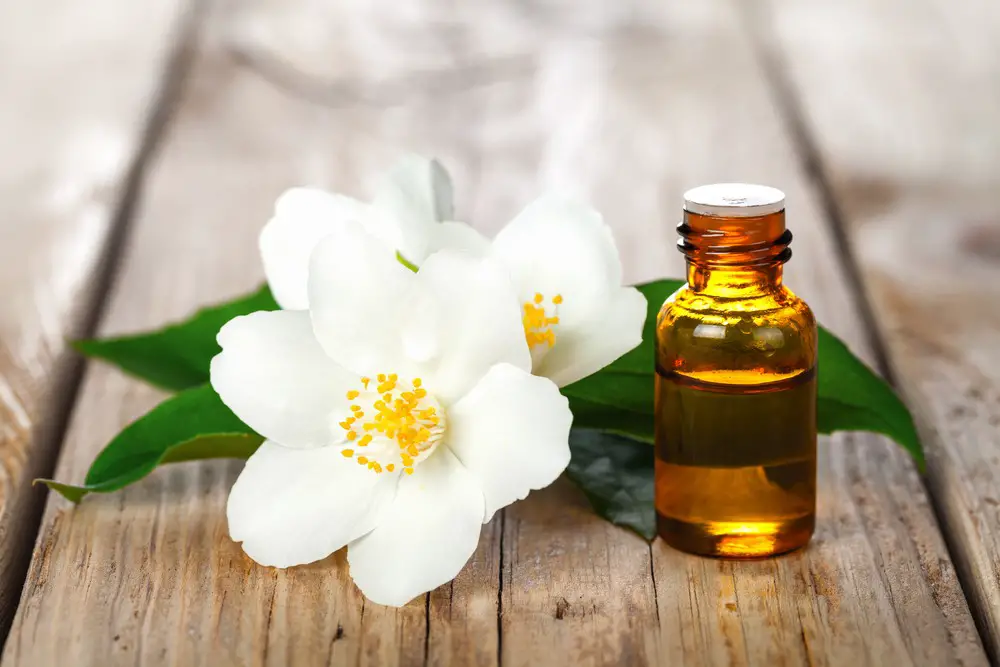
Jasmine is admired for its delicate fragrance and relaxing properties. It’s often used as an essential oil or tea to alleviate stress, anxiety, and depression. Jasmine is also found in skincare products, providing hydration and rejuvenation.
Passionflower
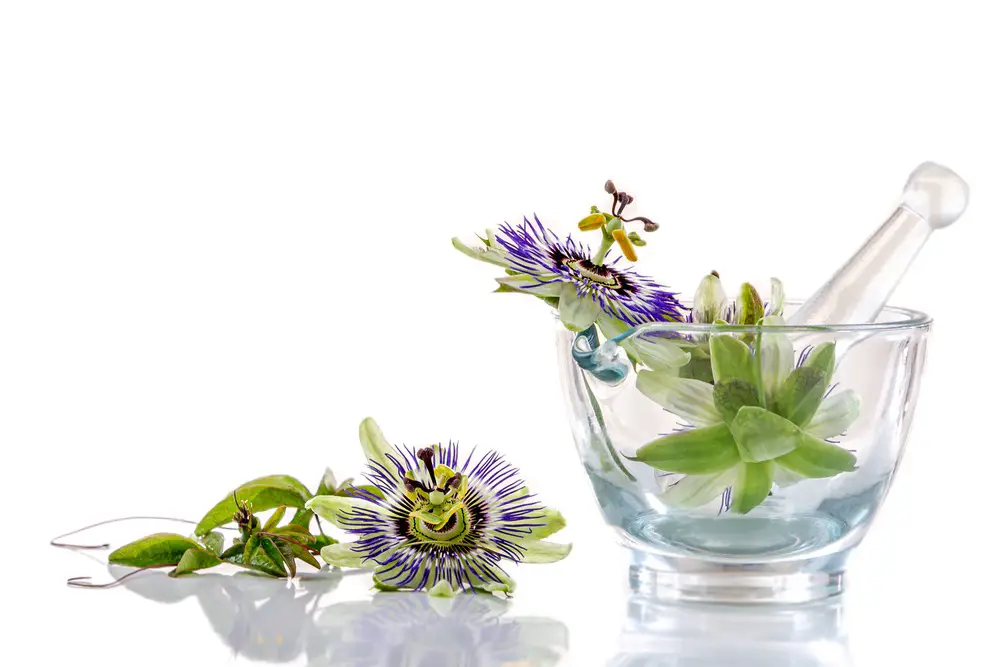
Passionflower has calming and sedative effects, which makes it useful in addressing sleep problems and anxiety. It can be consumed as a tea or used as an extract. Passionflower has been linked to improving mood and reducing nervous tension as well.
Rose
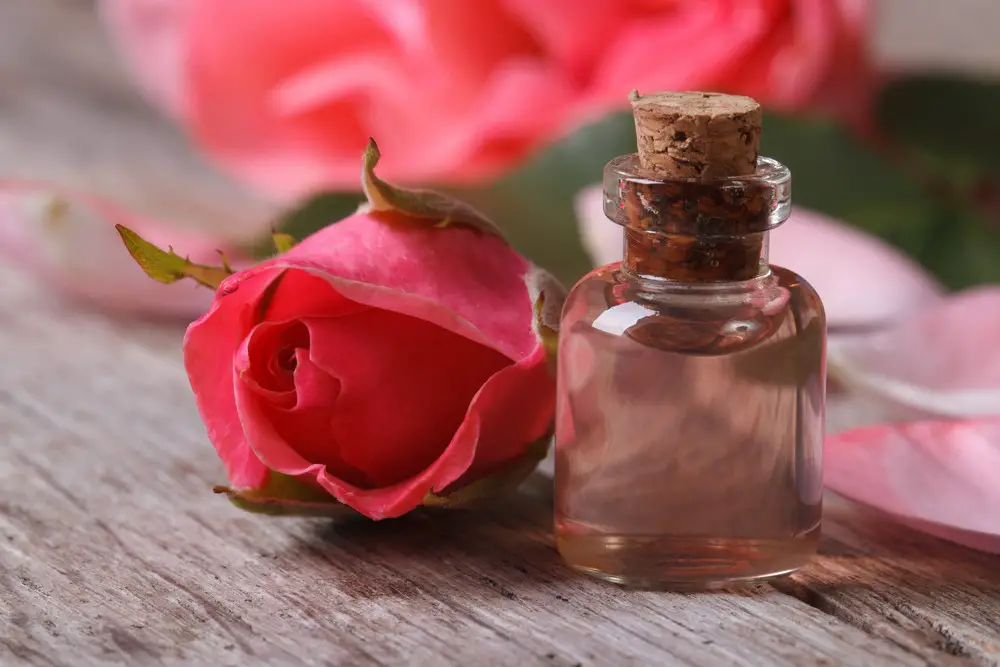
Rose is not only a symbol of love but also has therapeutic properties. It has been used for relieving various ailments such as skin conditions, digestive issues, and anxiety. It’s essential oil and rose water are popular ingredients in perfumes and skincare products.
Calendula
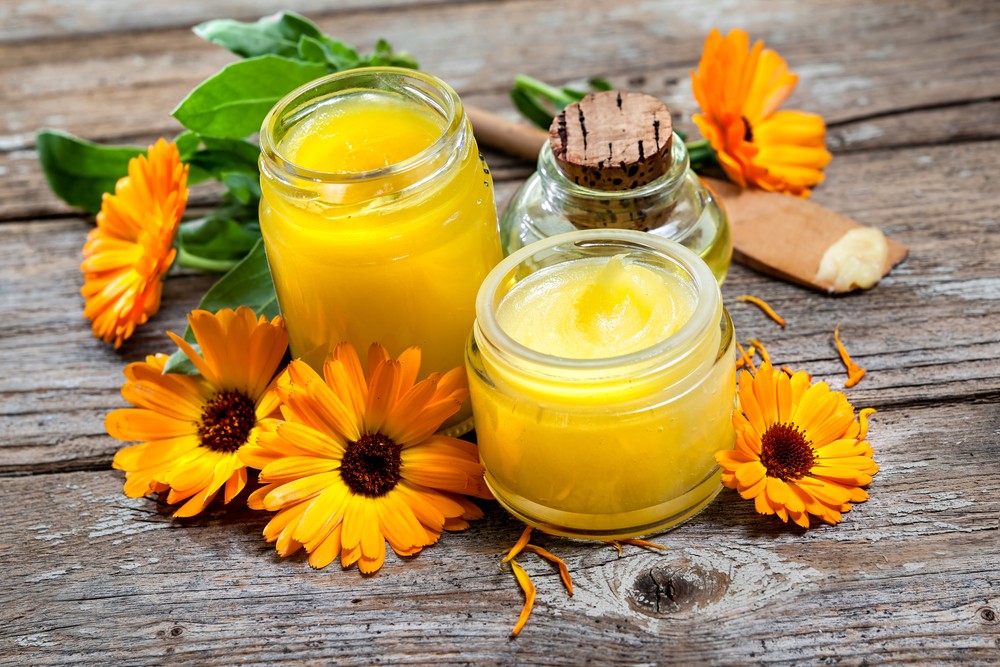
Calendula is recognized for its healing properties, especially regarding skin conditions. It is often applied topically to treat burns, wounds, and eczema. Calendula also has anti-inflammatory effects; its oil or tea can help soothe the digestive system.
Echinacea
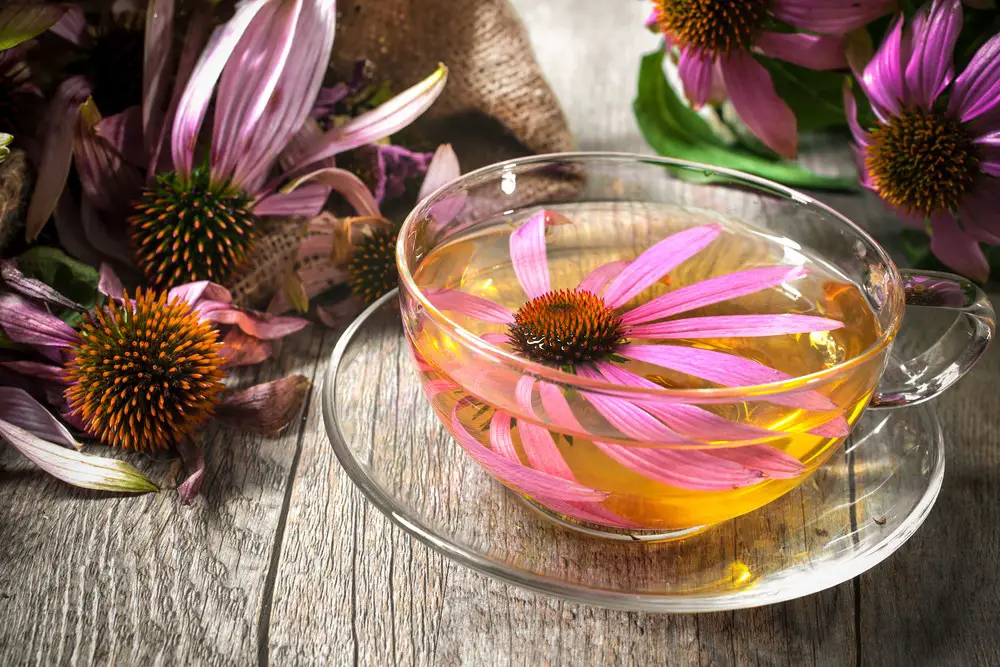
Echinacea is commonly known for its immune-boosting properties. It is frequently used to prevent or treat cold and flu symptoms. Available in various forms such as tea, supplements, and topical creams, Echinacea can also be used to address minor skin irritations and promote healing.
Physical and Mental Health Benefits
Reducing Anxiety and Depression
Flowers have been known to help alleviate anxiety and depression. Certain flowers, like lavender and chamomile, have calming properties that can promote relaxation and reduce stress levels. The aroma from flowers can influence mood and emotional well-being, helping to lower symptoms of anxiety and depression.
Improving Sleep
Some flowers, such as lavender, chamomile, and valerian, have been used for centuries to help with sleep problems, including insomnia. Their calming effects can aid in relaxation, promoting better sleep quality. Using these flowers in aromatherapy or as bedtime teas can lead to a more restful night’s sleep.
Alleviating Pain
Many flowers have pain-relieving properties that can help with various types of discomfort. For example, lavender can be effective against headaches, and chamomile can help digestion. In addition, marjoram and rosemary have been found to alleviate menstrual cramps and body aches. Certain flowers also have anti-inflammatory properties, which can help with pain management.
Boosting Immunity
Introducing flowers into one’s daily routine can also benefit the immune system. Flowers like echinacea and elderberry have been known to fight against viruses, including the flu. Certain flowers, such as teas or supplements, can help prevent and ease cold and flu symptoms. Furthermore, some flowers, like eucalyptus, have been used to treat respiratory conditions such as asthma and sore throats, aiding in overall immune system support.
Methods of Using Flowers for Healing
Aromatherapy and Essential Oils
Aromatherapy is a popular method for using flowers to promote healing. It involves using essential oils extracted from flowers and other plant parts. These oils have various therapeutic properties, such as antibacterial, antiseptic, and antioxidant effects. Essential oils can be used in several ways, including:
- Diffusion: Using a diffuser or a spray bottle to release the oils into the air
- Massage: Mixing oils with a carrier oil and apply them directly to the skin
- Inhalation: Placing a few drops of oil on a tissue or cloth and inhaling the aroma
Teas and Infusions
Another way to benefit from the healing properties of flowers is through teas and infusions. Many herbs, such as sage and chamomile, can be steeped in hot water to create a soothing beverage. Drinking herbal teas may help reduce inflammation, improve digestion, and alleviate stress. Some popular herbal teas include:
| Herb | Benefits |
| Sage | Reduces inflammation, combats oxidative stress |
| Chamomile | Promotes relaxation and soothes gastrointestinal issues. |
Tinctures and Salves
Tinctures and salves are other methods for using flowers for healing. A tincture is typically made by steeping plant material in alcohol or glycerin, while a salve is prepared by infusing flowers and herbs in oil or wax. These preparations can be applied topically to treat wounds, burns, and other skin conditions. They may also have antiseptic, antibacterial, and anti-inflammatory properties.
Gardening
Finally, gardening offers numerous physical and mental health benefits; incorporating flowers and herbs into one’s landscape can further enhance these effects. In addition to their visual appeal, nurturing a garden with diverse plants can promote relaxation, encourage exercise, and facilitate a connection with nature.
Symbolism and Emotional Impact of Flowers
Love and Affection
Flowers have a deep connection to love and affection. Roses, for instance, symbolize love, passion, and romance. These flowers come in various colors, each representing a different emotion:
- Red roses symbolize deep love and respect
- Pink roses represent sweetness, grace, and admiration
- White roses signify purity and innocence
- Yellow roses symbolize friendship, joy, and caring
Courage and Strength
Certain flowers symbolize courage and strength. Sunflowers, for example, exude positivity and are often associated with endurance and perseverance. Other flowers with similar symbolism include:
- Gladiolus, representing the strength of character and integrity
- Iris, symbolizes hope and faith
- Protea, exemplifies diversity, courage, and transformation
Friendship and Loyalty
Friendship and loyalty are emotions deeply rooted in the symbolism of flowers. Alstroemeria symbolizes friendship, devotion, and prosperity. Other flowers that convey these feelings are:
- Hydrangea, representing gratitude and heartfelt emotions
- Freesia, known for loyalty and trustworthiness
- Yellow roses, represent true friendship and joy
Positivity and Happiness
Flowers have the power to bring positivity and happiness. Chrysanthemums signify happiness, love, and longevity, while daffodils symbolize rebirth, new beginnings, and good luck. Additional flowers associated with positivity include:
- Gerbera daisies, signifying joy and cheerfulness
- Tulips, representing happiness, love, and warmth
- Orchids, symbolizing beauty, strength, and luxury
Notable Flowers in Cultural and Traditional Medicine
Chinese Medicine
In Chinese medicine, flowers have long been revered for their medicinal properties. Chrysanthemum, for instance, is a popular flower used for its cooling and anti-inflammatory effects. It is commonly used to treat colds, fevers, and headaches. Magnolia is another notable flower in Chinese medicine, known for its ability to support the digestive system, alleviate ulcers, and ease indigestion.
Herbalism
Herbalists often turn to flowers to create natural remedies for various ailments. Some prominent flowers used in herbalism include:
- Rose hips: Rich in vitamin C, rose hips are traditionally used to strengthen the immune system and combat colds. They also possess anti-inflammatory qualities, making them helpful in addressing various chest conditions.
- Daisy: The humble daisy has astringent and anti-inflammatory properties that can help heal wounds, soothe irritated skin, and treat respiratory issues.
- Yarrow: This versatile flower has been used for centuries to alleviate digestive issues, fevers, and inflammation. Its antiviral properties make it a popular choice for combating colds and flu.
- Red Clover: Known for its detoxifying effects on the body, red clover is often used as a remedy for skin conditions and blood purification. It has also traditionally been used to support women’s health due to its estrogen-like compounds.
- Monarda: Also known as bee balm, monarda has a long history of use for its antiviral and antimicrobial properties. It’s often used in herbal remedies to soothe respiratory issues, skin infections, and digestive complaints.
In summary, flowers have played a significant role in traditional and cultural medicine practices such as Chinese medicine and herbalism. Their diverse medicinal properties have made them valuable assets for treating various ailments. With a continual increase in interest and research, we expect to discover even more health benefits from these beautiful, natural gems.
FAQs
Can flowers really help with healing?
Yes, many flowers have been known to possess healing properties. Some popular examples include lavender, chamomile, and calendula, which can be used as essential oils or in teas to aid in relaxation and reduce inflammation.
How do I choose the right flowers for my needs?
Consider researching the specific properties of various flowers, considering your needs and preferences. Alternatively, consult a trained herbalist, naturopath, or aromatherapist to make a personalized recommendation.
What are some common ways to use flowers for healing?
Some common ways to harness the healing properties of flowers include:
- Essential oils: Extracted from flowers and used in aromatherapy, massage or added to bathwater.
- Herbal teas: Made by steeping the flowers or leaves in hot water, consumed to soothe and relax.
- Flower essences: Diluted forms of flower extracts taken orally or applied topically to promote emotional healing.
Are there any safety concerns when using flowers for healing?
While most flowers are generally safe, it’s important to exercise caution and research before use. Be aware of any allergies or contraindications, and consult a healthcare professional if you are pregnant, nursing, or taking medications.
How can I grow and harvest my own flowers for healing?
Growing your healing flowers can be a rewarding practice. Research the specific growing conditions for each flower, such as sunlight, soil, and water needs. Harvest flowers or leaves at their peak freshness and dry or preserve them for future use. Remember to follow sustainable and organic practices.
- 3 Ways Wearing a Hat Can Help Lower Your Stress Levels - April 19, 2025
- Breaking the Silence: Why Men’s Mental Health Matters More Than Ever - April 15, 2025
- How to Transform a Home’s Patio Space into a Relaxing Space - March 23, 2025
This site contains affiliate links to products. We will receive a commission for purchases made through these links.

